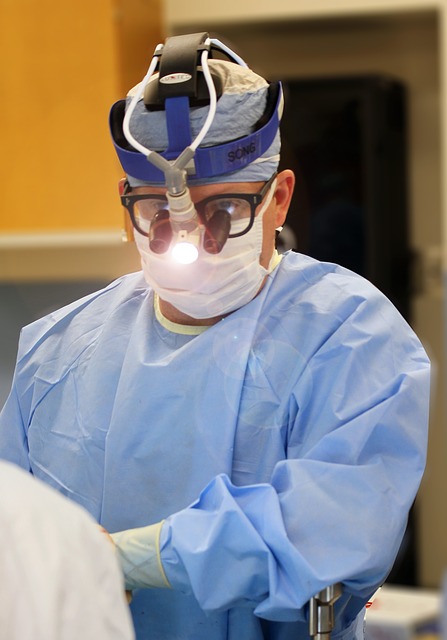Becoming an ophthalmologist is an exciting and rewarding career path in which graduates have many job options up their sleeves. You might not have known it, by ophthalmologists are in fact medically trained doctors who act in both medical and surgical roles. In essence, they are specialist eye doctors and their profession allows them to examine, diagnose and treat eye diseases and injuries.
 What qualifications do I need?
What qualifications do I need?
The path to becoming an ophthalmologist is long and tough, with extensive study and training required. In the UK, prospective aspirants will need to have three top-class A-levels to enter university for five years to embark on a degree in Medicine.
After medical school, newly qualified doctors will have to commence two years’ training on the ‘Foundation Programme’. After year one, registration with the General Medical Council takes place.
Finally, a lengthy 7 years of specialist training in ophthalmology (OST) is undertaken. During this time, trainees must pass many difficult exams set by the official body of the career – the Royal College of Ophthalmologists.
What career options are available?
Ophthalmologists are qualified doctors who specialise in the diagnosis and treatment of serious eye diseases, such as glaucoma, cornea disease, vitreoretinal disease and cataracts. They can also carry out surgical eye operations, for example cataract removal and ophthalmic plastic surgery, amongst many others. Ophthalmologists may also conduct comprehensive vision examinations and prescribe corrective lenses.
 In the UK, as the ageing population continues to grow, there are now more than ever, increasing incidences of age-related eye diseases, such as macular degeneration. As such, the demand for ophthalmologists will continue and the job prospects look promising. That being said, these specialists often largely work in community or primary care roles, dealing with the elderly generation.
In the UK, as the ageing population continues to grow, there are now more than ever, increasing incidences of age-related eye diseases, such as macular degeneration. As such, the demand for ophthalmologists will continue and the job prospects look promising. That being said, these specialists often largely work in community or primary care roles, dealing with the elderly generation.
There are also a number of opportunities available for those who studied ophthalmology but did not become qualified doctors. Such roles include associate specialists, clinical assistances and staff grades. For such posts, it is necessary to complete basic ophthalmological surgical training.
Fully trained ophthalmologists may also choose to volunteer abroad, helping with eye care missions in developing countries where access to this type of medical care is extremely limited. The career options are therefore wide-ranging, fulfilling and truly vital the world over.
